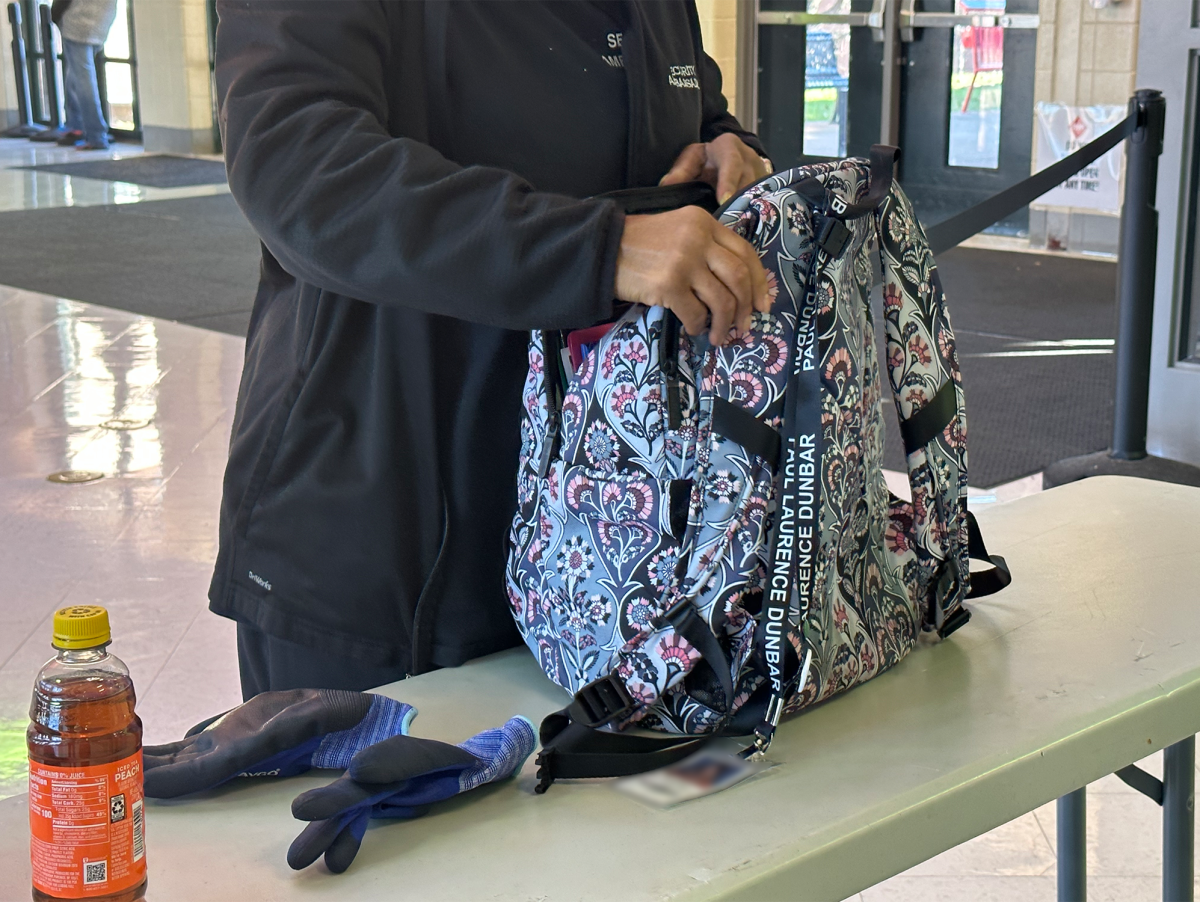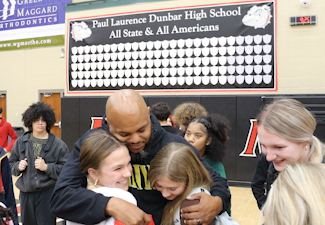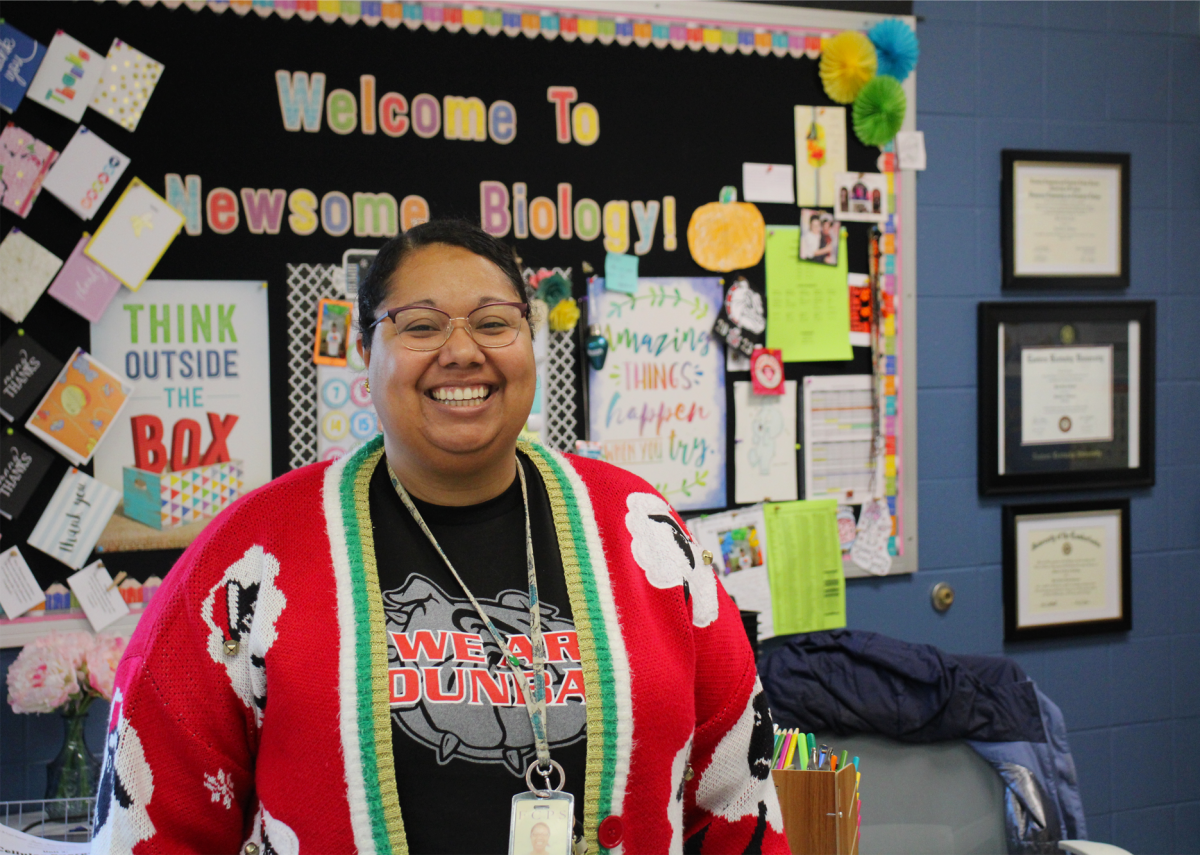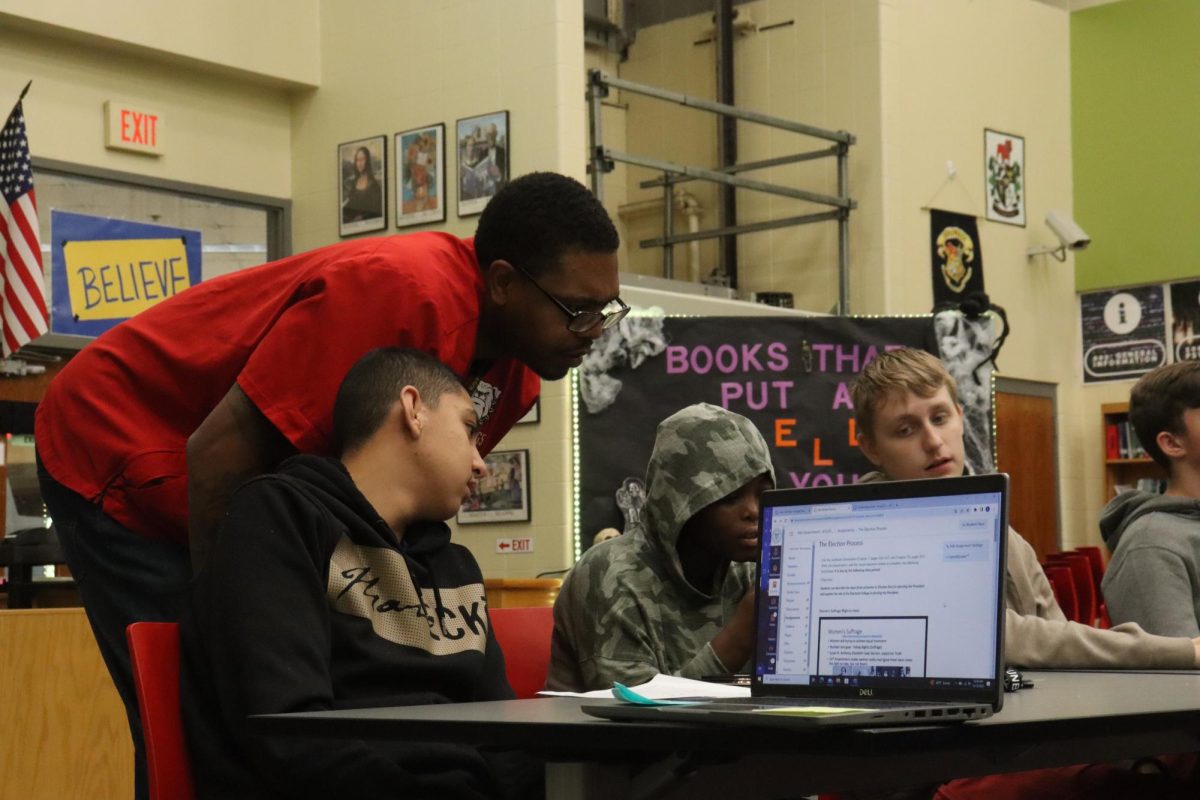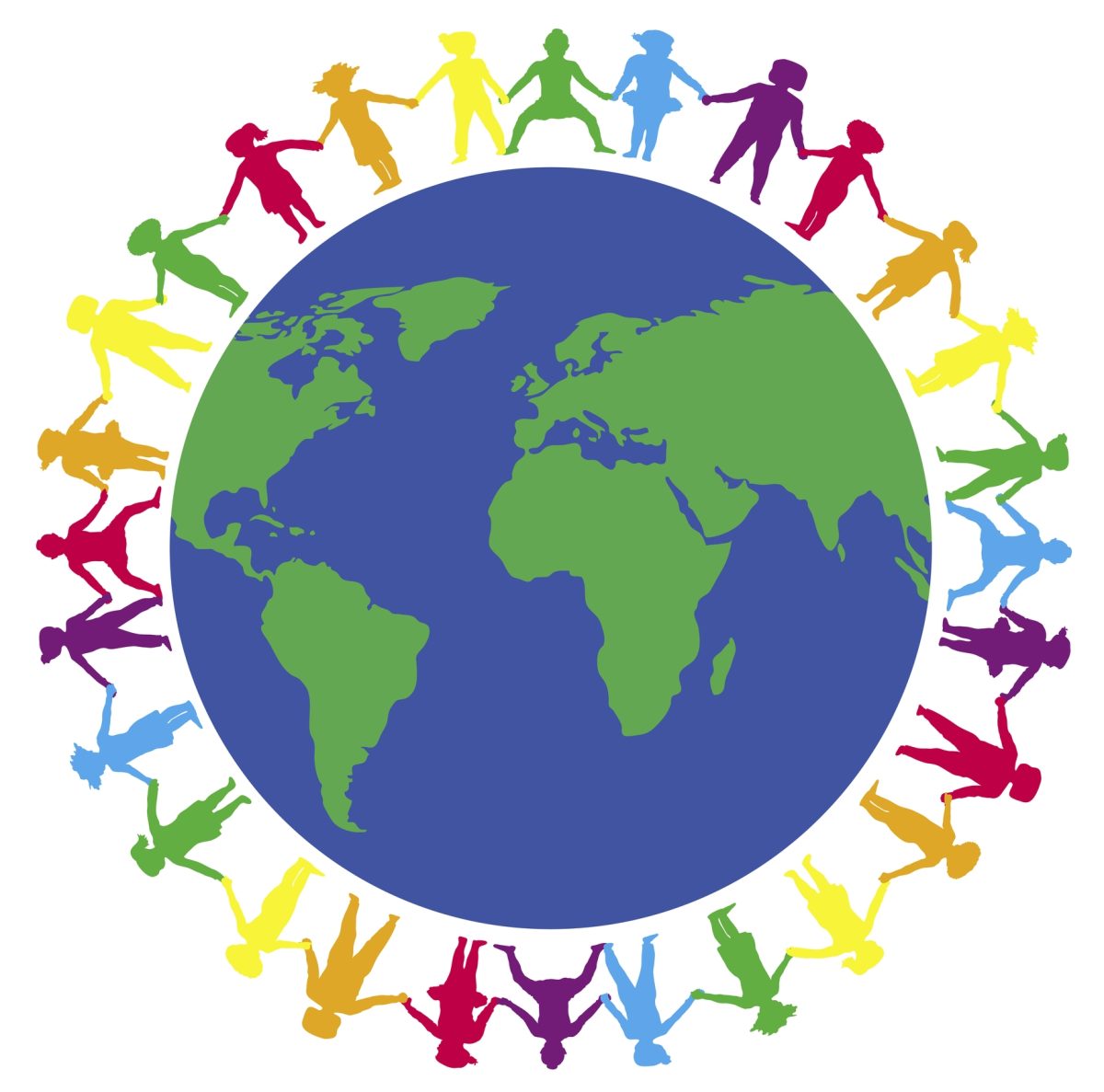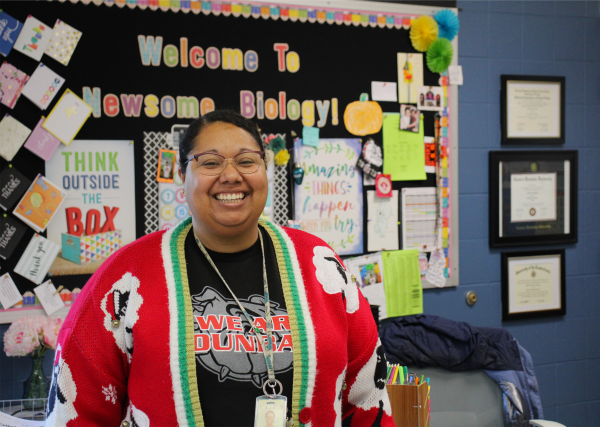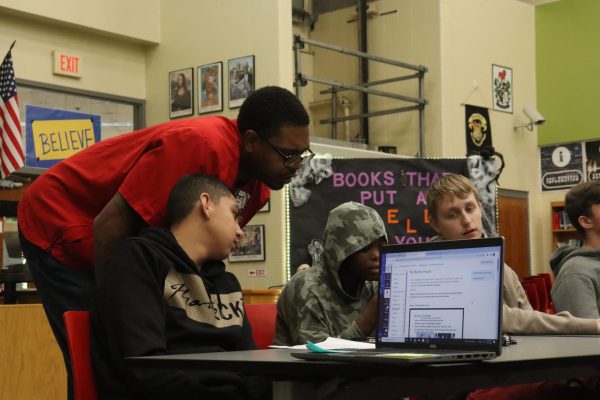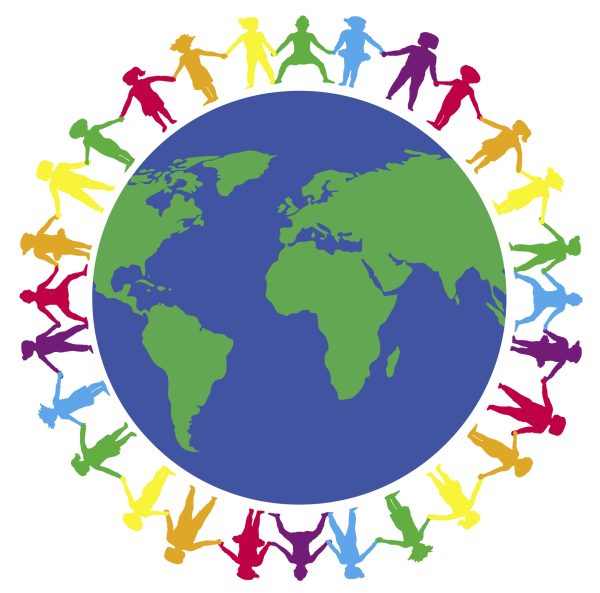Why Elections Matter Even if You Can’t Vote
There are many ways for students to get involved with the upcoming election on November 5
For many years, I thought of Election Day as nothing more than a day off from school. I’d sleep in late, watch TV or YouTube videos all day, and let my parents tell me whether our government had been saved or ruined.
This response can feel natural to many teenagers. After all, we’re too young to vote, so why bother staying informed, right? With all the academic and social stress that is a part of high school, it seems we shouldn’t have to pile on additional worries about the state of our democracy.
That approach won’t work anymore.
To be fair, it’s not like it ever really did; informed and active citizens have been indispensable to this country’s success since the first settlers landed at Jamestown. But especially in today’s political climate, with parties more polarized than ever and life-threatening problems of climate change and gun violence, being disengaged simply isn’t an option.
Youth activists around the world have shown students that our voices really can make an impact. Furthermore, they’ve proven that in many cases, we’re the only ones who can. Just take the well-known example of sixteen-year-old Greta Thunberg, whose individual protests against climate inaction in front of the Swedish parliament led her to speak to (and call out) world leaders at the UN. Or look to the inspiring leaders of the March for Our Lives movement who led walkouts and demonstrations against gun violence, including one at Dunbar last year.
No matter the topic, youth leaders continue to display their bravery, intellect, and determination while legislators defer to their corporate donors. Their work should convince all of us of the need for students to advocate for political causes that matter to us.
Voting is of the utmost importance.
This charge can seem daunting. After all, most of us don’t know how to plan a rally or spearhead a protest. But that doesn’t mean there’s nothing you can do. With Election Day coming up, there are plenty of ways for students to participate, even if they’re under eighteen.
“It’s always good to inform yourself and talk to those that can vote about your opinions even if you can’t or don’t vote,” said senior Parker Smith who is on the leadership team of Dunbar’s Young Democrats club. “Phone banking and event volunteering are also options, but they come on a limited basis.”
Simply being an informed citizen, as Parker noted, is an integral first step. But how do you go about doing that? With political ads, bots, and memes attacking our social media feeds and news streams from every corner, it’s difficult to know what’s accurate and what’s exaggerated.
When in doubt, you can always trust a reputable news organization – articles from the New York Times or The Washington Post are typically more reliable than some stranger’s blog or angry tweet.
There’s also an even more direct source of information about a candidate’s beliefs: the candidates themselves.
Cindy Heine is a board member of the nonpartisan civic organization Kentucky League of Women Voters. She advised that one way to understand candidates’ positions is to listen to them in forums and debates rather than make decisions based on 30-second ads and sound bites.
“As a long-time organizer of forums for the League of Women Voters, I frequently get a very different impression of candidates when they spontaneously answer our questions,” she said. “As contentious as the recent gubernatorial debate was, if you listen carefully, you will get a good sense of the priorities of and differences between the two leading candidates.”
Understanding candidates’ positions are especially critical if you’re actually 18 years old. Voting is of the utmost importance. There’s a widespread belief that local elections are unimportant because they’re less publicized. In reality, though, it is local and state politicians who make decisions that most impact our daily lives.
“Every election is important in determining who sets priorities and policies at the local, state and national levels. These policies affect our everyday lives, from potholes and traffic to education, jobs, and national security,” said Heine. “That is the key to a well-functioning democracy.”
So where does that leave you? In short, with lots of options. Even if you can’t vote this November 5, there are innumerable ways to get involved, from attending a rally, to phone banking, to simply reading the news (including your trusty PLD Lamplighter). What matters is that you do something.
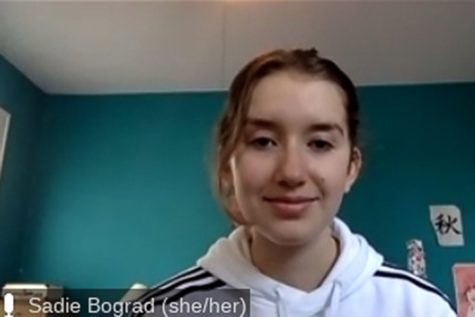
Hi! I’m Sadie Bograd, and I’m a senior at Dunbar. This is my second year on Lamplighter staff. I’m now one of the program’s Editors-in-Chief. Along...


